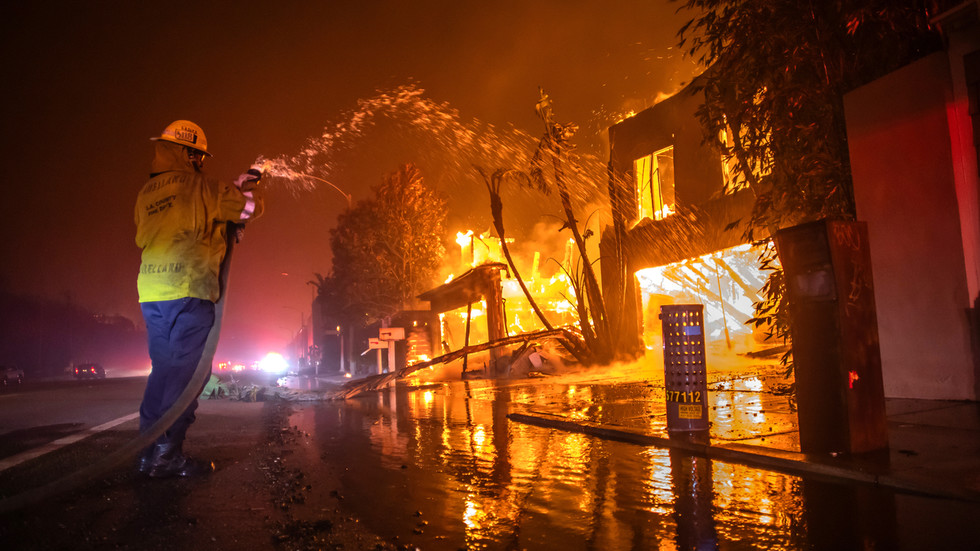Visitors to an iconic landmark in Gran Canaria will face new restrictions as authorities crack down on the 1,500-strong daily crowds.
Tourists visting Roque Nublo, an iconic volcanic monument and emblem of Gran Canaria, will face the new rules from February 3 as the island council attempts to tackle hoardes of visitors to protect the local environment from the threat of overtourism.
The rock - found on the third-largest and second-most popular island of the Canary Islands archipelago - will soon only allow tourists who have made an advanced reservation online to marvel at one of the biggest natural crags in the world.
Located in the central municipality of Tejeda, Roque Nublo stands at a height of 80 metres and is 1,813 metres above sea level. It if a site of special significance to the island's residents and was an ancient sacred place of for aborigines, who would gather to worship their god, Acoran, the supreme god of the sky and creator of the universe.
The site will introduce a new online system, spearheaded by the Department of the Environment for the Cabildo de Gran Canaria, in collaboration with Public Works and Mobility.
It also aims to reduce traffic in the area, manage the number of visitors to the popular attraction and ensure a high-quality tourist experience.
The reservation will go live on January 15, allowing tourists to plan their visits during peak hours between 9am and 5pm, according to Canarian Weekly.
Individual visitors will be limited to 60 entries per hour, and each person will be limited to five reservations. Entry will be monitored via QR codes issued during the booking process.
Last year, the site struggled to control the high levels of rubbish left there, including bags full of wipes, toilet paper, sanitary products and containers, which could easily have been transported and deposited in the rubbish bins installed at the site's entrance.
In May, Maspalomas 24h reported that the presence of waste at Roque Nublo was shockingly high, with the Minister of Environment, Climate, Energy and Knowledge of the Cabildo of Gran Canaria, Raúl García Brink, accusing some visitors of a “lack of civility”, who have “no consideration for the common space, showing their poor education and little respect for nature and the island community, leaving a mark of 'garbage' in places of great landscape and environmental value”.
Parking at Degollada de la Goleta, the primary access point, will no longer be available to further manage the area's ecological impact. Instead, alternative parking facilities have been established in Tejeda and Cruz de Los Llanos. From these locations, visitors can take hybrid shuttle buses - connecting such as Cruz de Tejeda and Roque Bentayga - operated by Global under the management of the Cabildo.
School groups can visit under specific regulations, with daily access capped at 60 students, divided into groups of 30 if necessary. Active tourism companies are allowed groups of 30 people every two hours, as long as they provide a valid license number.
Residents of Tejeda and Artenara, meanwhile, can access the site by presenting a valid ID or residency certificate. Those arriving via adjacent hiking trails will not require a reservation.
The new initiative mirrors similar measures introduced on other islands in the archipelago, including Tenerife’s proposal to introduce tourist fees for accessing Teide National Park.
It reflects a growing concern that tourism is having a larger-than-expected impact on the natural environment and the efforts to balance the sector's demands with environmental preservation.
It is hoped that the implementation of the new reservation system will ensure that both current visitors and future generations can enjoy the island’s unique volcanic beauty.

 4 hours ago
2
4 hours ago
2










 English (US) ·
English (US) ·